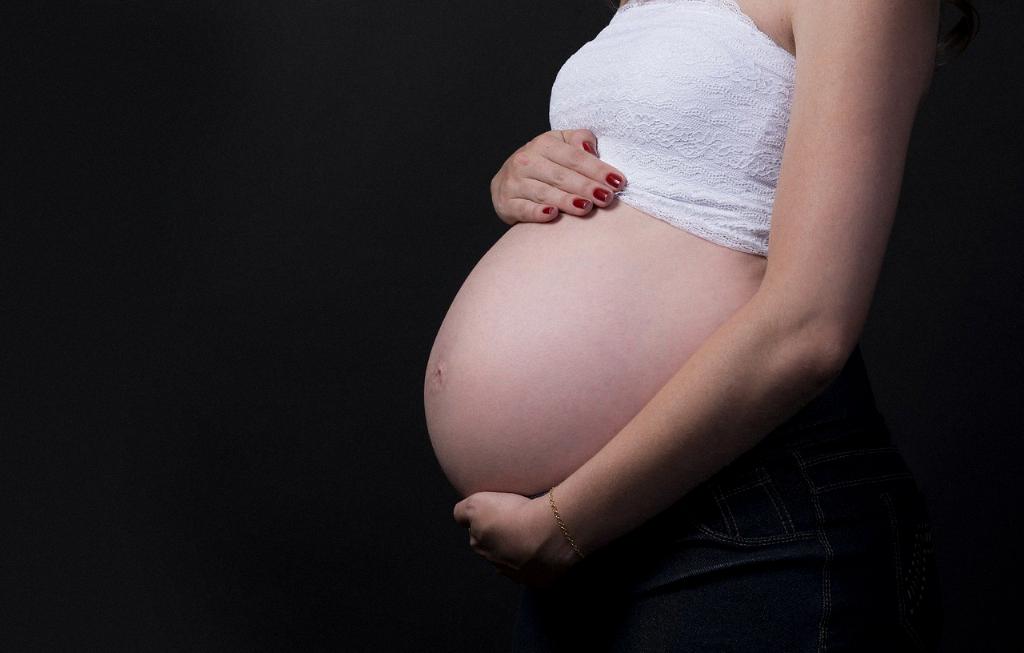Let’s delve into the intriguing question of whether fasting affects the results of the 1-hour glucose test. The answer may surprise you, as recent research has shed light on the connection between fasting and the outcomes of this crucial diagnostic test.
Understanding the 1 Hour Glucose Test
Before we explore the influence of fasting on the 1-hour glucose test, it’s essential to understand what this test entails. The 1-hour glucose test, also known as the oral glucose tolerance test (OGTT), is a diagnostic tool used to screen for gestational diabetes mellitus (GDM) in pregnant individuals.
The Role of Fasting in Test Results
Recent findings have illuminated the impact of fasting on the outcomes of the 1-hour glucose test. Remarkably, fasting for 6 or more hours has been shown to double the incidence of a positive 1-hour OGTT screen for GDM compared to consuming food within 2 hours of the test.
Insights from Research
The research data clearly indicates a significant correlation between fasting duration and the likelihood of receiving a positive result on the 1-hour glucose test. Individuals who fasted for an extended period demonstrated an increased risk of GDM detection during the screening process.
Implications for Clinical Practice
These findings have noteworthy implications for clinical practice, particularly in the realm of maternal health and prenatal care. Healthcare providers may need to consider the fasting status of individuals undergoing the 1-hour glucose test to ensure accurate and reliable results.
Individual Variations and Considerations
It’s essential to recognize that individual variations in metabolism and physiology can influence the impact of fasting on 1-hour glucose test results. Factors such as underlying health conditions and dietary habits may also play a role in shaping the outcomes of this diagnostic test.
Recommendations for Optimal Test Preparation
Based on the current understanding of fasting’s effect on the 1-hour glucose test, individuals scheduled for this screening should consult with their healthcare providers for guidance on optimal test preparation. This may involve specific recommendations regarding fasting duration and dietary intake prior to the test.
Educational Campaigns and Awareness
Enhancing public awareness and education on the importance of proper test preparation for the 1-hour glucose test can empower individuals to take proactive steps towards optimizing their health outcomes. Educational campaigns can play a pivotal role in disseminating information on the impact of fasting on test results.
Future Research Directions
As the field of maternal health and gestational diabetes continues to evolve, future research endeavors may delve deeper into the nuances of fasting and its interaction with the 1-hour glucose test. Exploring additional factors that influence test outcomes can further enhance diagnostic accuracy and clinical decision-making.
Enhancing Patient-Centered Care
By incorporating insights from research on fasting and the 1-hour glucose test, healthcare providers can deliver more patient-centered care that is tailored to individual needs and circumstances. This personalized approach can lead to improved health outcomes and enhanced patient satisfaction.
Conclusion
In conclusion, the relationship between fasting and 1-hour glucose test results is a critical area of study with profound implications for clinical practice and patient care. By acknowledging the impact of fasting on test outcomes and implementing evidence-based strategies, we can strive towards more accurate diagnoses and better health outcomes for all.

